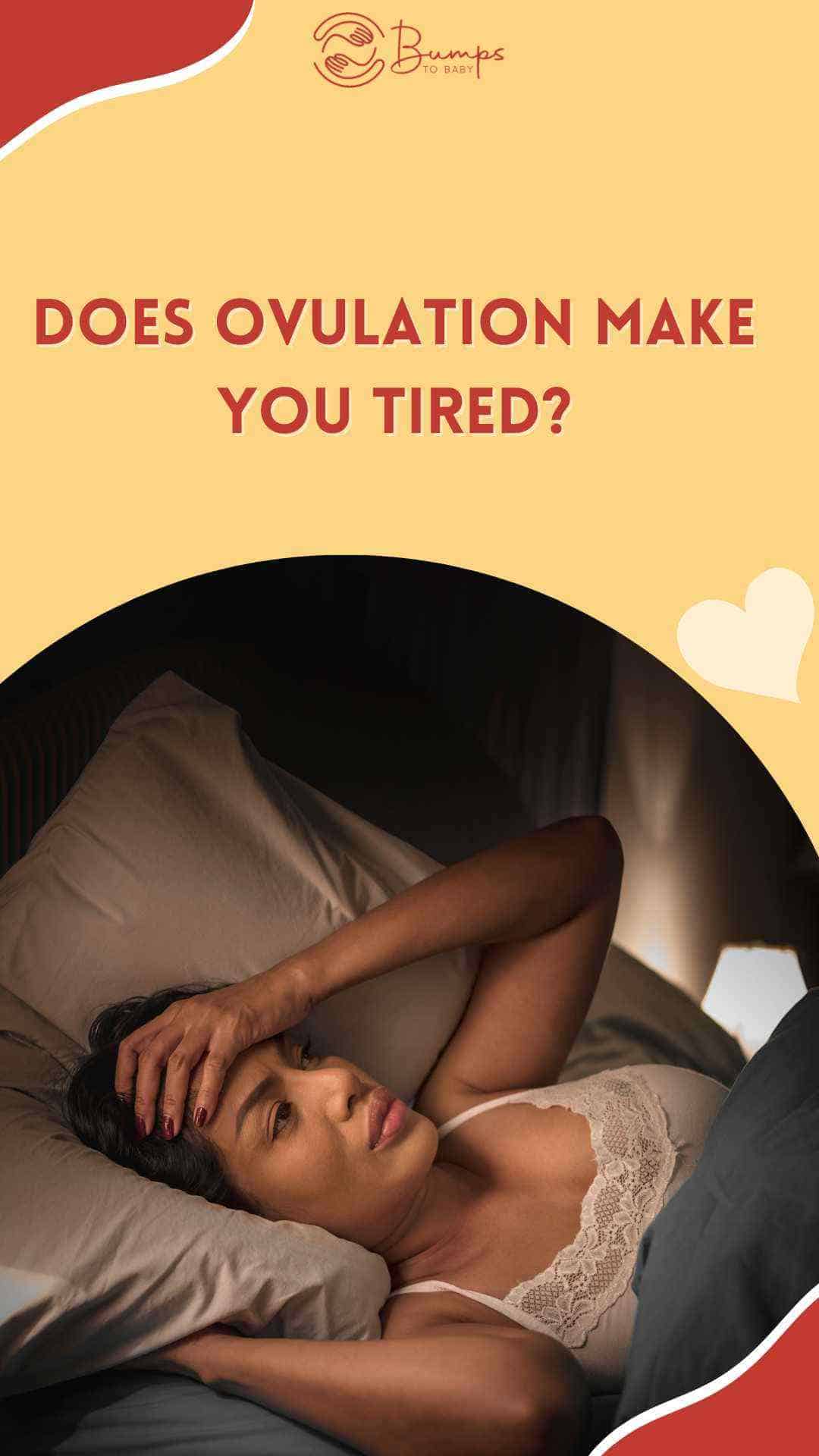Dear friend, are you feeling that familiar mid-month slump? That wave of exhaustion washing over you right around ovulation? You’re not alone. So many women experience this dip in energy, and it’s often dismissed as “just one of those things.” But understanding why it happens can empower you to reclaim your vitality and truly thrive, even during this hormonal shift. Let’s explore this together, shall we?
The Hormonal Dance of Ovulation and Energy
Think of your menstrual cycle as a beautiful, intricate dance of hormones, each playing its vital role. Ovulation, the release of an egg from your ovary, marks a pivotal moment in this dance, orchestrated by a surge, and subsequent dip, in estrogen. While estrogen is essential for fertility and overall well-being, these fluctuations can sometimes leave you feeling drained. It’s as though your body is working tirelessly behind the scenes, preparing for the possibility of new life, and your energy reserves are temporarily diverted to this important task. You might find helpful information in our Flo Ovarian Support Reviews.
Understanding the Fatigue
Ovulation fatigue isn’t just a yawn or two; it’s a persistent lack of energy, a feeling of being utterly depleted, even after a good night’s sleep. You might also experience increased irritability – those little things that normally wouldn’t bother you might suddenly feel overwhelming. Brain fog, difficulty concentrating, and a general sense of “blah” are also common companions. These symptoms typically appear halfway through your cycle, roughly 10-14 days before your period starts (or 1-2 weeks after the end of your last period), coinciding with ovulation.
The Estrogen-Energy Connection
The primary culprit is, as we’ve mentioned, the fluctuating estrogen levels. While the exact mechanism isn’t fully understood, research suggests this hormonal rollercoaster impacts your body’s energy production pathways. Some experts believe that the rise in estrogen can slightly elevate body temperature, which might contribute to feelings of fatigue. Ongoing research is exploring this connection further, and there’s still much to uncover about the intricate relationship between estrogen and energy. You might find that incorporating Gummy L-Theanine into your routine helps support relaxation and stress management during this time.
Beyond Hormones: Contributing Factors
Hormones aren’t the whole story. Other factors can play a role in exacerbating ovulation fatigue, making it feel even more pronounced. Think of these as contributing factors:
- Stress: Chronic stress depletes your body’s resources, leaving you feeling drained and overwhelmed.
- Poor Sleep: Disrupted sleep patterns exacerbate fatigue and make it harder for your body to recover.
- Nutritional Deficiencies (Iron, B vitamins): These deficiencies can impair energy production at a cellular level.
- Dehydration: Dehydration leads to decreased blood volume and reduced oxygen delivery to cells, impacting energy levels.
- Underlying Medical Conditions (e.g., anemia, thyroid issues): These conditions can independently cause fatigue and worsen ovulation-related tiredness.
- Age-Related Estrogen Decline: As we age, estrogen levels naturally decline, which can contribute to increased feelings of fatigue, especially during ovulation (Dr. Nancy Anoruo).
Reclaiming Your Energy: Practical Strategies
Thankfully, there are many things you can do to minimize the impact of ovulation fatigue and reclaim your energy. These strategies focus on supporting your body during this hormonal transition:
- Prioritize Sleep: Aim for 7-9 hours of quality sleep each night. A consistent sleep schedule helps regulate your body’s natural rhythms and can significantly improve energy levels.
- Nourish Your Body: Focus on a balanced diet rich in whole foods, including fruits, vegetables, lean protein, and complex carbohydrates. Pay particular attention to iron-rich foods and those containing B vitamins, crucial for energy production.
- Hydrate Regularly: Carry a water bottle with you and sip throughout the day. Dehydration can sneak up on you, so staying adequately hydrated is key for maintaining energy.
- Move Your Body: While it might seem counterintuitive to exercise when you’re feeling tired, moderate physical activity can actually boost your energy levels. Choose activities you enjoy, such as yoga, walking, or swimming.
- Manage Stress: Incorporate stress-reducing practices into your routine. This might include meditation, deep breathing exercises, spending time in nature, or engaging in hobbies you find relaxing.
When to Seek Professional Advice
While ovulation fatigue is usually temporary and manageable with lifestyle adjustments, it’s crucial to listen to your body. If your fatigue is severe, persistent, or accompanied by other unusual symptoms, consult your healthcare provider. They can rule out any underlying medical conditions and offer personalized guidance to address your specific needs. Ongoing research continues to explore the intricacies of ovulation fatigue, so stay informed about the latest findings.
Remember, dear friend, your experience is valid. By understanding the complexities of your menstrual cycle and implementing these self-care strategies, you can navigate ovulation fatigue and embrace your full vitality throughout the month. You deserve to feel your best, always.
- Food Making Kits Bring Easy, Fun Homemade Dishes to Your Kitchen - February 5, 2026
- Cooking Kits Make Mastering New Recipes Fun for Everyone - February 4, 2026
- Leak-Proof Glass Food Containers with Locking Lids Keep Food Fresh - February 3, 2026










